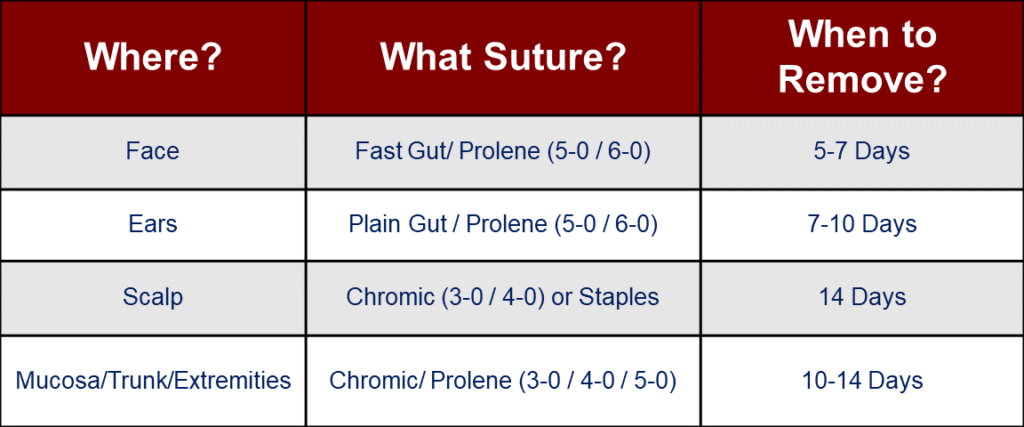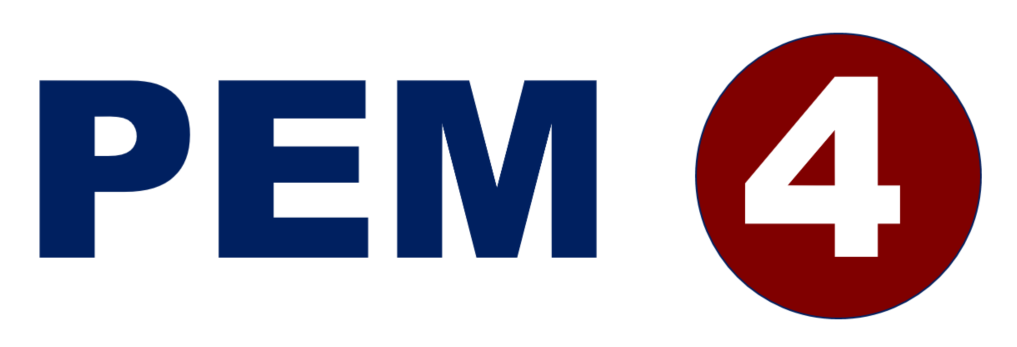
Plastics Pearls 4 PEM Physicians from Plastic Surgeon Dr. Fernando Ovalle.
Destroying the Dogma
Lidocaine with epinephrine can be used on the fingers, toes, and the nose and down below.
Advising parents to put antibiotic ointment on absorbable sutures is okay. It will not weaken the strength of the suture.
Dose Matters!
Remember to always calculate the maximum dose of lidocaine that can be given, especially for kids
MAXIMUM DOSE
3mg/kg = Lidocaine without epinephrine max dose
7mg/kg = Lidocaine with epinephrine max dose
SHORTCUT FOR MAX mLs
Max mLs = max Lido/Epi mg/kg X (weight in kg/10) X (1/concentration of lidocaine)
Let's Practice! Calculate the maximum mLs of 1% lidocaine with epineprine for a 20kg patient
7mg/kg (max dose of Lido/Epi) X 20kg/10 X 1 (concentration of Lido/Epi) =
14mLs
Most Important Part of Wound Prep?
Irrigate, irrigate, oh and remember to irrigate. You can’t clean too much!
Don't Fear the Deep...
Deep sutures are your friend. Remember- this is the strength layer. The wound should look almost closed after placing deep sutures. If you think it might need a deep, it needs a deep. Too much tension on the superficial sutures leads to worse looking scars in the future!! For a quick review, check out the video below!
Video review of deep dermal sutures from Surgery Skills Youtube Channel
Keep It Simple!
For nearly all situations in the emergency department, simple interrupted sutures (video below) are the only sutures you will need to close the superficial layer.
Check out this great video to learn how to perform the perfect simple interrupted suture from Closing the Gap
Braids for Hair, Not for Sutures
Although stronger, braided sutures have a higher risk of infection. The braids are a nidus of seeding bacteria. When closing wounds in the ED, try to avoid them, especially with a dirty wound.
Choose the Right Suture for the Job

It's Okay to Glue
Dermabond is an appropriate alternative for holding the nail or aluminum in place after a nail bed repair instead of suturing it in place. Be sure that the the nail or aluminum is splinting the eponychail fold to allow the new nail to grow properly.
Learn this Trick of the Trade technique from a great how-to post by Dr. Salim Razaie at Academic Life in Emergency Medicine.
Can't Miss Exam Findings in Hand Trauma
If you see either of the below findings on the physical exam, the next step should be to call the hand surgeon.
Scissor/overlapping fingers when making a fist
Fingers are crossed or shortened at neutral position
A True Emergency: Flexor Tenoxynovitis
A word about flexor tenosynovitis… though rare in children, missing this diagnosis can mean big problems for that finger later on! It is a true surgical emergency!
Mechanism (penetrating trauma to tendon sheath) + pain on passive extension = calling the experts to evaluate.
- Surgery Skills (2015, May 17). Deep Dermal Suture. Retrieved from https://www.youtube.com/watch?v=BOENYEzNRR4
- Lin, Brian (2016, Aug 29). The Best Simple Interrupted Suture. Retrieved from https://www.youtube.com/watch?v=fZrRKZ3Qc5w&t=2s
- Rezaie, Salim (2014, May 26). Trick of the Trade: Nail Bed Repair with Tissue Adhesive Glue. Retrieved from https://www.aliem.com/2014/05/trick-trade-nail-bed-repair-tissue-adhesive-glue/

Katie Edmunds is a current Pediatric Emergency Medicine Fellow interested in creating PEM 4 all those who are given the responsibility of treating the sickest babies wherever they may be.

Ashish Shah is an assistant professor and Pediatrics and Family Medicine Residency Education Director at Rady Children’s Hospital interested in creating PEM 4 all stages of learners caring for children seen in the emergency department


